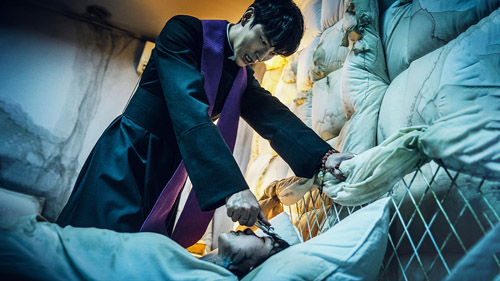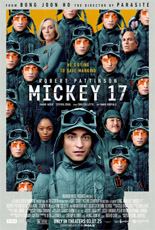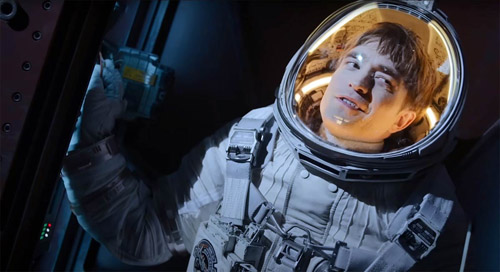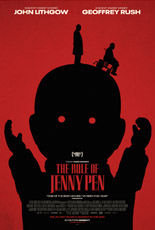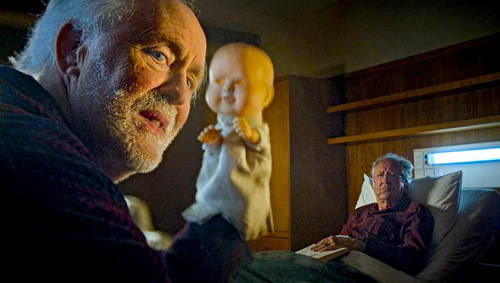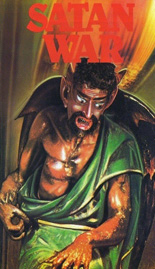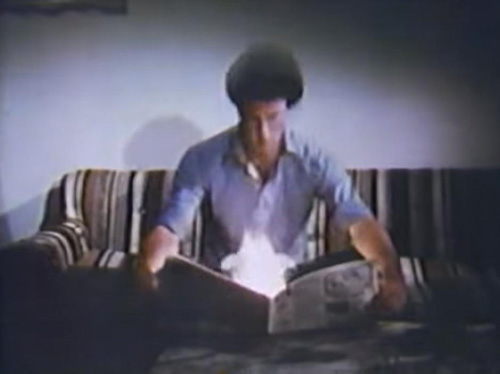
A movie like Rock ’n’ Roll High School — one of my favorites and with an awesome Ramones soundtrack — should have a riff-blowing sequel. Should have.
See, when I noticed Rock ’n’ Roll School High Forever at my video store in the early ’90s, I was quite ecstatic and, of course, I rented it. And watched it.
And became visibly sick.
My preconceived notions rubbed out like a GPC cigarette on the wet pavement, I took the tape from the VCR — being neither kind nor rewinding, natch — and dumped it back into the shop’s return box, thoroughly disgusted at what I’d seen.
Thirty-plus years later, the sequel is one of the bonus features on the original film’s 45th anniversary edition in 4K Ultra HD (my 10th time to buy the movie). I popped in the disc and, like a fetid stream of A/V puke, once again dropped out of Rock ’n’ Roll School High Forever.
It starts out somewhat promising, with the re-named Ronald Reagan High School and various teenagers plotting a PG-13 rock ’n’ roll insurrection. But as once-popular star Corey Feldman turns directly to the camera and sneers, “Are you ready to rock and roll?,” I guess we’re not ready at all.
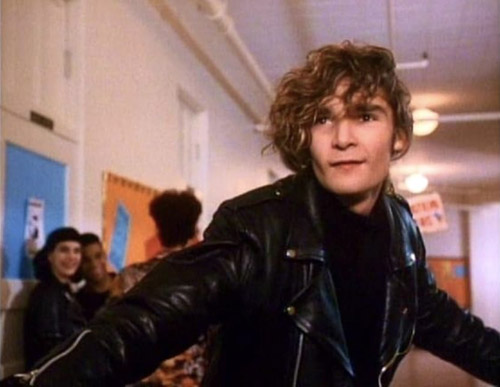
Instead, in his standard and strange Michael Jackson mimicry, Corey overflows the school toilets and tears off the skirt of a comely student, all as the title theme by The Pursuit of Happiness (whoever they are) warbles on the soundtrack. Ha-ha?
The plot, as it stands, is about Corey and his “band,” The Eradicators, trying to play their substandard covers of Little Richard’s “Tutti Frutti” and Fats Domino’s “I’m Walkin’” at the school dance. Meanwhile, the school gets a new vice principal in Miss Togar Dr. Vadar, reprised (?) by Mary Woronov. To be sure, she rules with an iron fist — and a robotic hand on her left.
With needless help from the apparent heir of illustrious scrounger Eaglebauer (no relation to Clint Howard) and the Spirit of Rock ’n’ Roll (Mojo Nixon in a low-budget fantasy sequence), Corey and bad company crash the prom. Utilizing dated sequences from the first movie, they take Togar Vadar down and burn down the school.
By the time the credits roll, it’s apparent that rock, finally, is dead.
With the combined failed efforts of director Deborah Brock (Slumber Party Massacre II), whichever distribution outfit Roger Corman had at the time and the sheer ugliness straight-to-video movies at the time were going for, Forever remains was an unmitigated disasterpiece. With Feldman on the soundtrack, the deceased Ramones are defiantly spinning in their graves. Gabba gabba nay. —Louis Fowler




